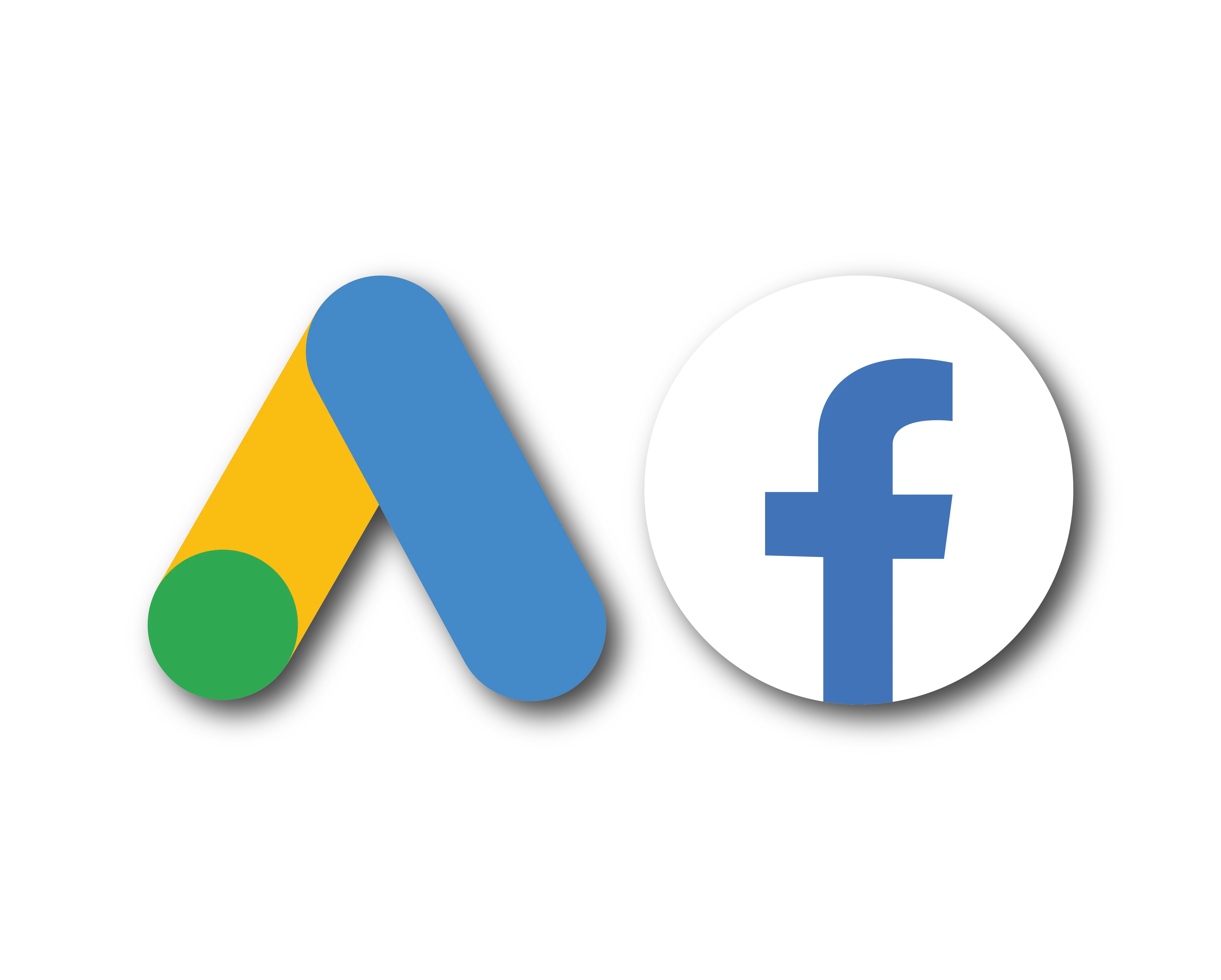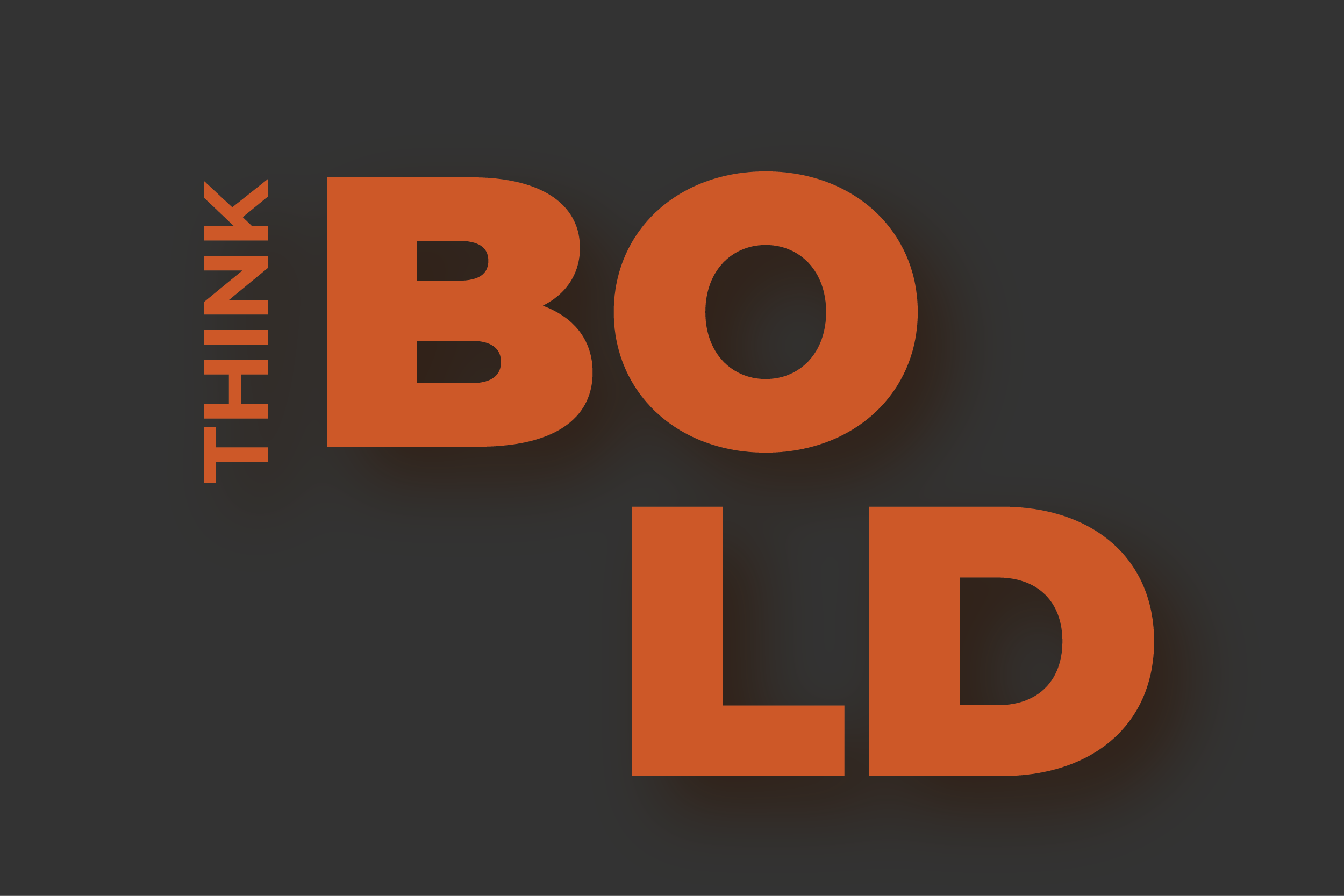
Why Your Business Needs a Website – Even if You’re on Social Media
In today’s digital age, many businesses rely on social media platforms like Facebook and Instagram to reach their customers. While social media is a powerful tool, it should never replace a dedicated website.
Read More

The Psychology of Colours in Branding & Marketing
Colour isn’t just about aesthetics—it directly influences consumer perception and decision-making. Different colours evoke specific emotions and associations.
Read More

Google Ads vs Facebook Ads – Which One Should You Use?
Online advertising is essential for growing your business, but should you invest in Google Ads or Facebook Ads? Each platform has strengths depending on your goals.
Read More

Why Your Website Needs Regular Maintenance
Your website isn’t a “set it and forget it” asset. Ignoring upkeep can lead to security breaches, slow loading speeds, and outdated content.
Read More
Why Your Business Needs a Website – Even if You’re on Social Media
In today’s digital age, many businesses rely on social media platforms like Facebook and Instagram to reach their customers. While social media is a powerful tool, it should never replace a dedicated website. Here’s why having an independent online presence is crucial:
Ownership & Control
Social media platforms can change their algorithms or even ban accounts without warning. A website, on the other hand, is fully yours, giving you control over your content, branding, and customer experience.
Credibility & Professionalism
A professionally designed website enhances trust and credibility. Many potential customers view a business without a website as less established or even unreliable.
Better SEO & Search Visibility
Unlike social media pages, websites can be optimised for search engines (SEO), making it easier for customers to find you when they search for your products or services.
More Sales & Lead Generation
A website allows for better conversion with contact forms, online bookings, and e-commerce features—something social media simply can’t offer at the same level.
Uninterrupted Access to Your Customers
Social media platforms have their own agendas, and algorithm changes can reduce your organic reach. A website ensures you can always communicate with your customers through email marketing, blogs, and direct interactions.
Close
The Psychology of Colours in Branding & Marketing
Colour isn’t just about aesthetics—it directly influences consumer perception and decision-making. Different colours evoke specific emotions and associations, making strategic colour choices essential in branding.
Common Colour Meanings in Branding
- Red – Excitement, passion, urgency (Coca-Cola, Netflix)
- Blue – Trust, professionalism, reliability (Facebook, Samsung)
- Yellow – Optimism, warmth, happiness (McDonald's, DHL)
- Green – Growth, nature, sustainability (Starbucks, Whole Foods)
- Black – Luxury, sophistication, exclusivity (Chanel, Nike)
How to Use Colours Effectively
Match Colours to Your Brand Identity – If you’re a financial business, blue conveys trust. If you’re in the food industry, red and yellow stimulate appetite.
Consider Your Audience – Different cultures and demographics respond uniquely to colours.
Use Contrast for Readability – Ensure text stands out against background colours to enhance user experience.
Close
Google Ads vs Facebook Ads – Which One Should You Use?
Online advertising is essential for growing your business, but should you invest in Google Ads or Facebook Ads? Each platform has strengths depending on your business goals.
Google Ads: Best for Intent-Based Searches
Best for: Capturing leads from people actively searching for products/services.
Works well for: Local services, e-commerce, and high-intent purchases.
Pricing: Pay-per-click (PPC) model, where you bid on keywords.
Example Use: If someone searches "web designer in Pretoria," Google Ads helps your website appear at the top.
Facebook Ads: Best for Brand Awareness & Engagement
Best for: Targeting users based on interests, behaviours, and demographics.
Works well for: New brands, retargeting campaigns, and visually-driven products.
Pricing: Cost-per-impression (CPM) or cost-per-click (CPC) model.
Example Use: If you're promoting a new graphic design service, Facebook can target users who follow design-related pages.
Which One Should You Choose?
Use Google Ads if your goal is to generate leads or sales from active searchers.
Use Facebook Ads if your goal is to build awareness and engage potential customers over time.
The best strategy? Use both in combination for maximum impact.
Close
Why Your Website Needs Regular Maintenance (And What Happens If You Ignore It)
Your website isn’t a “set it and forget it” asset. Just like a car, it requires regular maintenance to function properly. Ignoring website upkeep can lead to serious issues, including security breaches, slow loading speeds, and outdated content.
The Risks of Neglecting Website Maintenance
Security Vulnerabilities – Hackers target outdated websites. Keeping your CMS, plugins, and themes updated reduces risk.
SEO Decline – Google favours regularly updated sites. An outdated website may lose its ranking.
Slow Performance – Unmaintained websites get bloated with unnecessary files, slowing down load times.
Broken Features – Forms, payment gateways, and other interactive elements may stop working over time.
How Often Should You Perform Maintenance?
Weekly – Check for broken links, update plugins, and remove spam comments.
Monthly – Review site performance, update content, and test functionality.
Quarterly – Conduct a full security audit and assess SEO rankings.
Investing in website maintenance ensures a secure, fast, and professional online presence. If you don’t have time, consider a website maintenance plan with a professional.
Close



